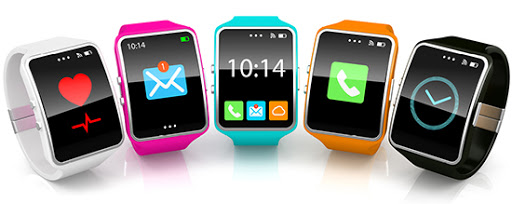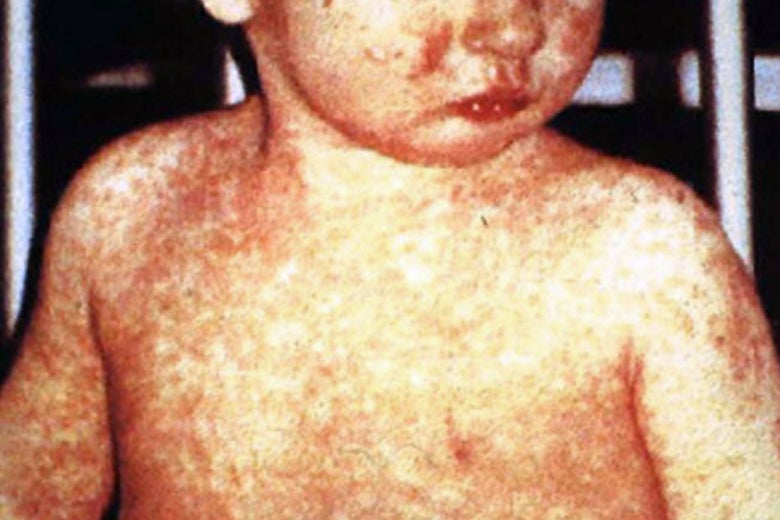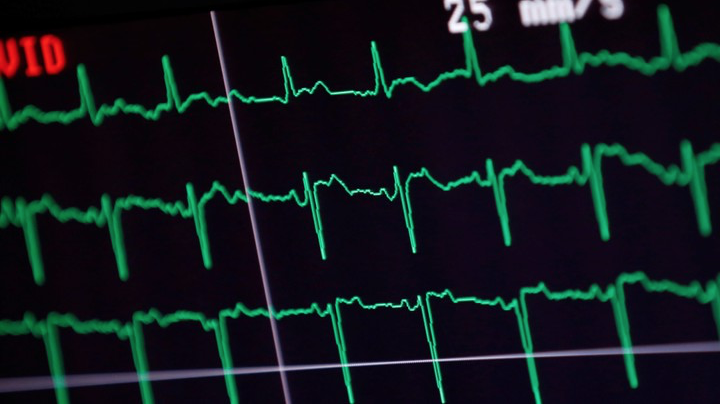Tag Archive for: Dr. Michelle Au WAPO
With the clock ticking, Georgia lawmakers want the state to end daylight saving time
By Morgan Rimmer, CNN
Updated 3:51 PM ET, Thu March 4, 2021
If enacted, it would mean that Peach State residents would no longer need to prepare for “springing forward” or “falling back” each year. But they would also miss that extra hour of daylight each day between March and October.
The efforts in Georgia follow other states’ attempts to end time changes, but those legislatures have pushed for their states to retain daylight saving time all-year round.
California voted to make daylight saving time permanent in 2018, and Washington did the same in 2019. But federal law would have to change for these measures to take effect.
Feds temporarily halt approval
of Kemp’s Medicaid overhaul
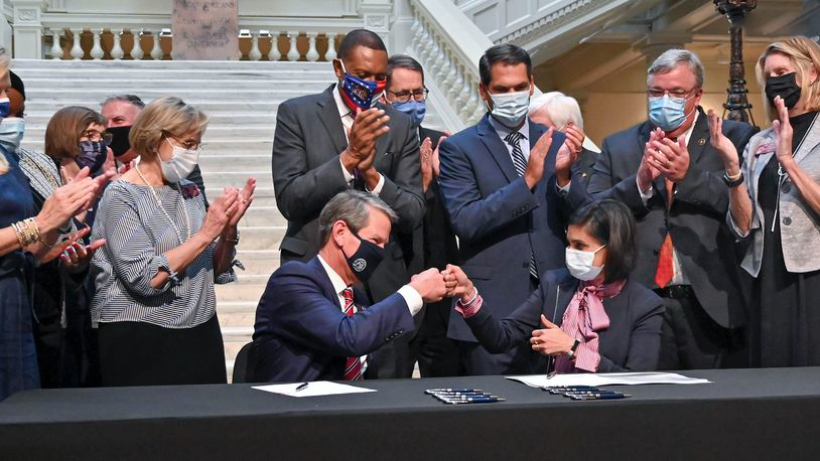
October 15, 2020 Atlanta – Governor Brian Kemp and Centers for Medicare and Medicaid Services (CMS) Administrator Seema Verma celebrate with fist bump after they signed on healthcare reform at the Georgia State Capitol on Thursday, October 15, 2020. The federal government approved Gov. Brian Kemp’s plan to reshape Medicaid and individual insurance in Georgia under the Affordable Care Act, the governor and a top Trump administration health official announced on Thursday. (Hyosub Shin / [email protected])
Michelle Au, MD, MPH
American Board of Anesthesiology
Specialty: Anesthesiology
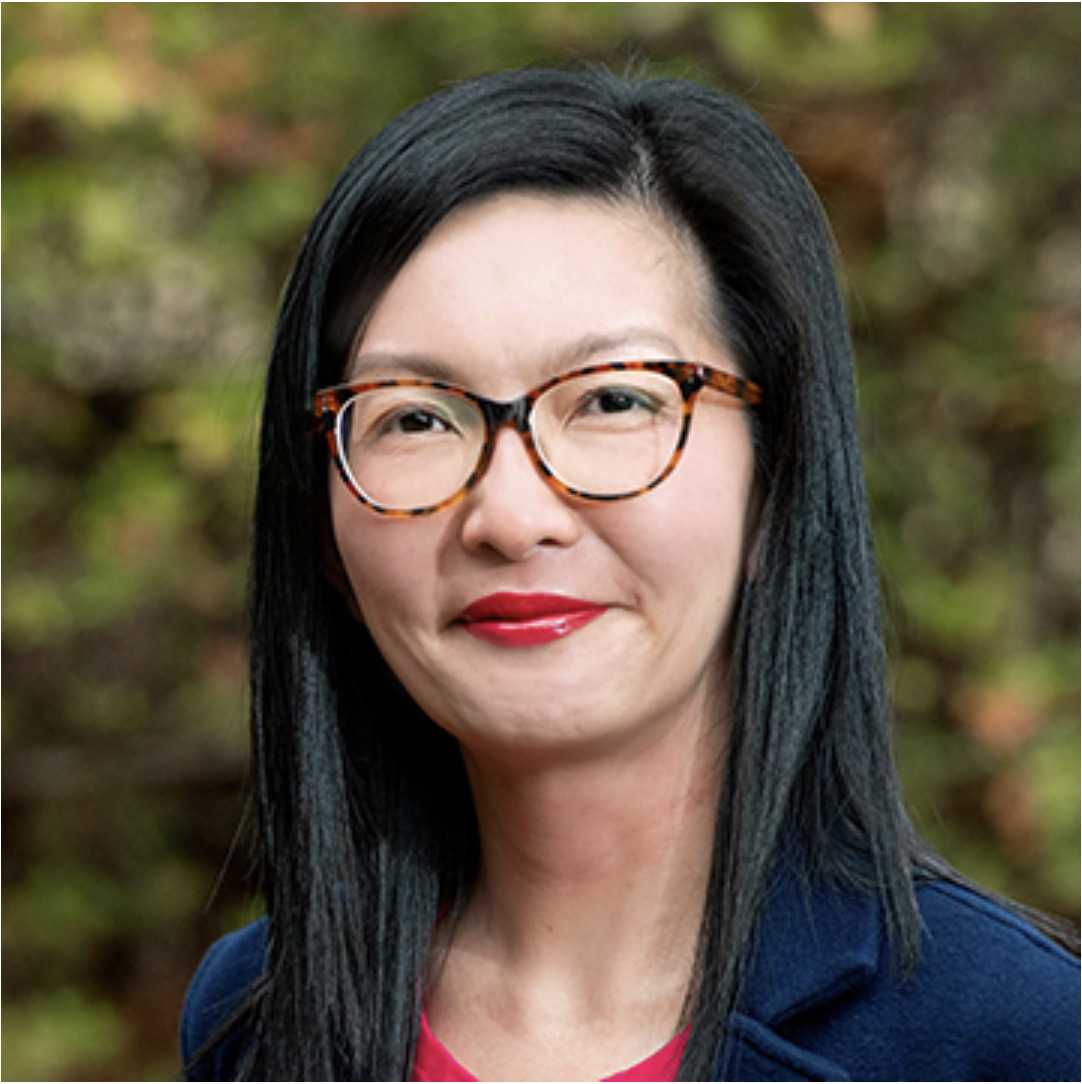
Human Connection
One of the biggest challenges anesthesiologist Michelle Au, MD, MPH faces on the front lines of the COVID-19 pandemic is continuing to offer personal, warm care to her patients.
“Unfortunately, the highly infectious nature of the coronavirus has changed the fundamental way we relate to, and take care of, our patients,” said Dr. Au. “For infection control purposes, we must be masked and gloved and talk to patients at a distance, or even through baby monitors. But if we are to truly care for the body and spirit of sick, frightened patients who are unable to have their family with them, we must Rnd ways to foster and convey the human connection, which is fundamental to the practice of heath care.”
Being Part of a Community
Being a front line physician during a generational public health crisis gave Dr. Au a powerful reminder of the awesome social responsibility physicians face every day, even outside of the four walls of their hospitals or offices.
“Beyond providing medical care to patients, we are community leaders. People look to us for answers and for reassurance. We are educators, using our decades of scientific training and clinical experience to break down complex concepts, such as this virus. We are scholars, keeping abreast of rapidly changing research and best practices. And we are role models, showing, rather than telling what those best practices should be, knowing that our communities are looking to us to help guide the way.”
But community goes both ways. During the early days of the pandemic, Dr. Au and her colleagues appreciated the support of their community as they coped with a surge of very sick patients. They received supportive cards and emails, in addition to donated supplies and meals during their shifts. “While we were the ones on the front line, it was heart-warming and bolstering to know that there was a whole community right behind us, helping us to do our jobs.”
Balancing Personal and Professional Responsibilities
As the mother of three young children, Dr. Au was understandably concerned that she could be putting her family at risk by bringing home the virus.
“Diminishing clinically excellent, compassionate care to my patients was never an option, so I continue to practice, but I have made changes to many of the routines around our home. For example, to reduce risk to my family, I sequester myself when I get home until I’ve showered and changed. I take pains to separate my family from anything that has been exposed to the hospital environment and we do exercise an additional degree of separation from casual, close social contact even in everyday life, out of a surfeit of caution.”
When asked if a career in medicine was more diScult than she expected, Dr. Au says, “We didn’t choose to become doctors because it would be easy. We chose to become doctors because the work we do gives our lives purpose, even when it’s hard.”
Certified by the American Board of Anesthesiology, Dr. Au is an anesthesiologist at Physician Specialists in Anesthesia, a provider of adult anesthesiology services within the Atlanta health care community. (Published: October 5, 2020)
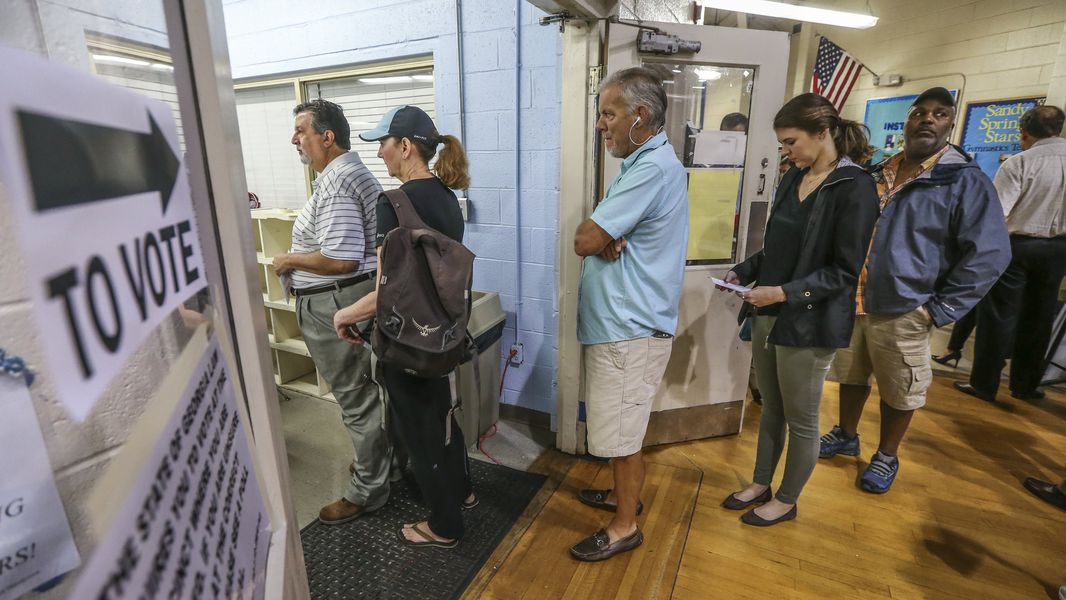
Carol Geraci describes herself as politically “middle-of-the-road,” the kind of person who can get along with anybody.
For more than four decades, the Smyrna grandmother voted for Republicans, but in recent years she believes the party has drifted too far to the right. In November, she plans to cast her ballot for Democrat Joe Biden, less because of his platform and more to register her opposition to President Donald Trump.
“I go on character,” Geraci said, “and Trump doesn’t have character.”
Sabrina Mao of Marietta is firmly in the opposite direction. To her, the protests that erupted during the social justice movement prove that Democrats have no “moral grounding.”
She’s on the front lines of the pandemic.
And running for office.
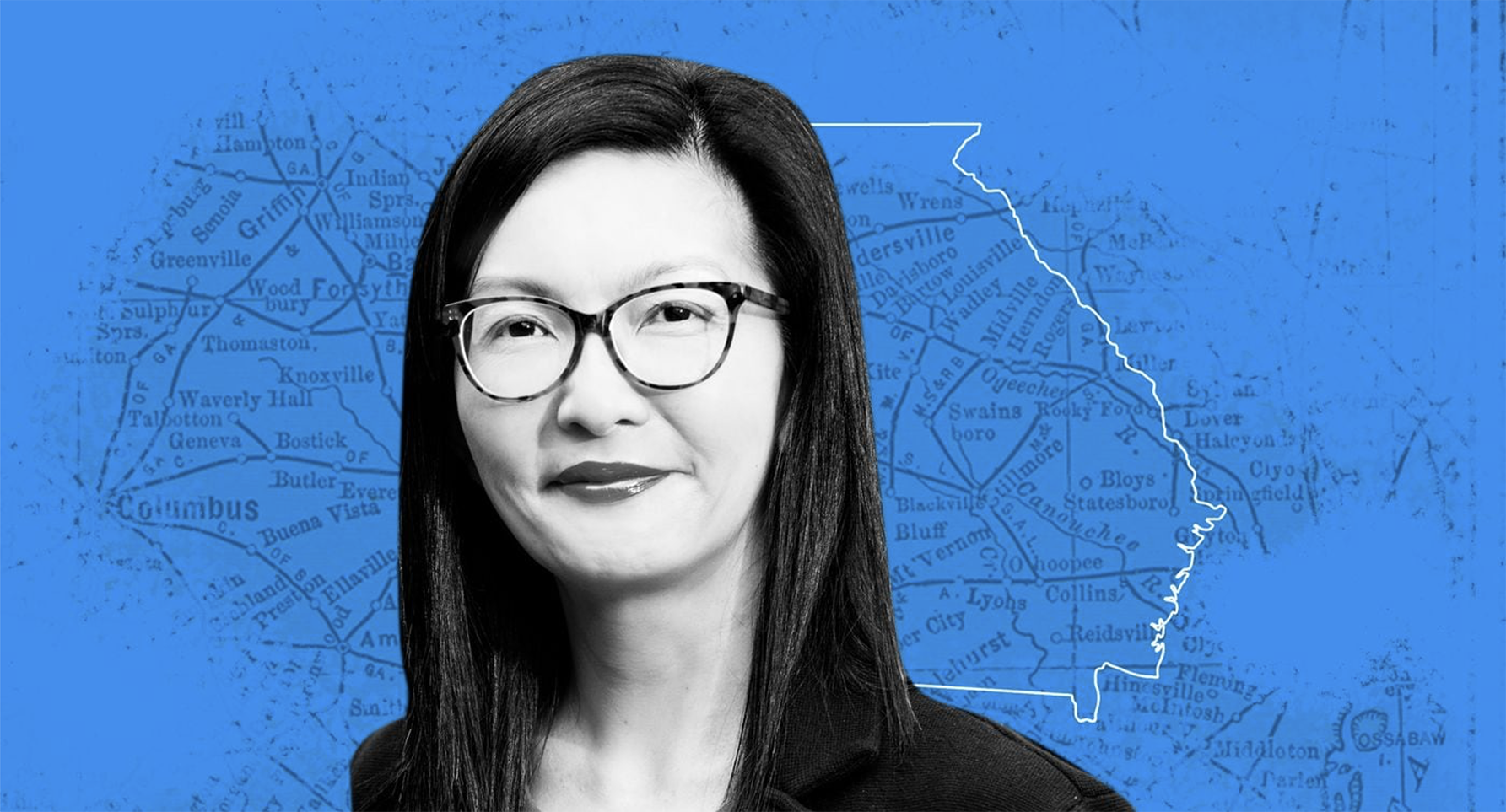
Michelle Au could become the first Asian American woman to serve as a state senator in Georgia.
A local Georgia race that hasn’t attracted much attention could make history if Michelle Au becomes the first Asian American woman to serve as a senator in the state’s legislature.
On Tuesday, Au, a 41-year old Chinese American anesthesiologist in the northern suburbs of Atlanta, won her district’s Democratic primary against 53-year-old Bangladeshi American health care entrepreneur Josh Uddin.
Technically, the state was still counting ballots on Thursday, but local media, including the Atlanta Journal Constitution, called the race for Au with 77 percent of the votes to Uddin’s 23 percent after a chaotic primary voting day that foreshadows potential problems with November’s general election.
“They’ve called the race and we feel good about where it is,” Au said.
The Thing with Feathers

By Michelle Au ’99
Endnote, Spring 2020
Last spring my family found a bird’s nest in our garage. We noticed it by chance, high on a shelf 10 feet up, a packed swirl of twigs and pine straw about the size and shape of a catcher’s mitt. One of my kids had broken a window in our garage months before (to this day, both the projectile and culprit remain at large) and it must have been through this breach that the bird gained access. It was unclear how long the nest had been there—for all I knew, it could have been months and I’d just never noticed it. We have a way of walking right past things we don’t expect to see.
Though she was rarely sighted, we were further surprised one day to find our mysterious tenant had delivered a clutch of five Instagram-worthy speckled eggs. We cooed and marveled over this development, but when nothing happened after a few weeks, we figured the eggs had either been abandoned, or else were duds.
YOUR SMARTWATCH
High-tech Health Tracker or Talisman?
By Michelle Au and Andrew Bomback
Spring 2019
Think of the stereotypical representations of medicine, as they might appear on a television show: the crisp white coat, of course, and the stethoscope dangling at the ready. Syringes and intravenous lines, maybe. An X-ray or a CT scan slammed theatrically into a light box.
But any medical scene is incomplete without an electrocardiogram (EKG) machine running in the background, its jagged line tracing across the screen.
The EKG is the backbeat of many hospital scenes on television. Important medical things are happening here, it says.
The wearable EKG offers the comforting weight of medicine itself, worn on the wrist like an amulet warding off evil.
To tap into that potent association, many private medical practices, urgent-care clinics, community hospitals, technology companies, and health care-product designers use EKG imagery in their advertising.
Most of those images bear little resemblance to actual EKG tracings. The spikes and bumps generated for signs or emblems (like the logo of the daytime talk show The Doctors, for example) mostly amount to arbitrary peaks and valleys. They do not reflect the output of a human heart, healthy or diseased.
MEDICAL EXAMINER:
There’s a Proven Public Health Strategy We Could Use to Encourage Vaccination
As we learned with smoking, showing people visceral possible health outcomes effectively scares them into behaving differently.
By Michelle Au
March 8, 2019 8:00am EST
In 2012, the Centers for Disease Control and Prevention launched “Tips From Former Smokers,” its first-ever paid national anti-tobacco campaign. “Tips” featured real people suffering real medical conditions resulting from their exposure to tobacco smoke. The campaign gave them a direct platform to share their experiences, which the CDC thought would encourage current smokers to quit and dissuade future smokers from ever starting.
What distinguished this public health campaign was its visceral intimacy. In one poster, a former smoker named Shawn is posed with a lathered face, facing the camera as if it were a mirror while shaving his neck with a safety razor. The gaping orifice of his stoma—the breathing hole in his trachea surgically created after his larynx was removed—gapes at the viewer, the rim ragged with radiation scarring, a glistening red plane of muscle clearly visible under the skin. “BE CAREFUL NOT TO CUT YOUR STOMA,” the bold print reads.
SMARTWATCHES ARE CHANGING
THE PURPOSE OF THE EKG
Wearables help cast the medical test as a talisman
of health-care competence. An Object Lesson.
By Andrew Bomback and Michelle Au
February 22, 2019 11:30am ET
Think of the stereotypical representations of medicine, as they might appear on a television show: the crisp white coat, of course, and the stethoscope dangling at the ready. Syringes and intravenous lines, maybe. An X-ray or a CT scan slammed theatrically into a light box.
But any medical scene is incomplete without an electrocardiogram (EKG) machine running in the background, its jagged line tracing across the screen reassuringly, or alarmingly to cue a dramatic threat. The EKG is the backbeat of many hospital scenes on television. Important medical things are happening here, it says.
Au for Georgia, Inc.
5805 State Bridge Road, Suite G238
Johns Creek, Georgia 30097












